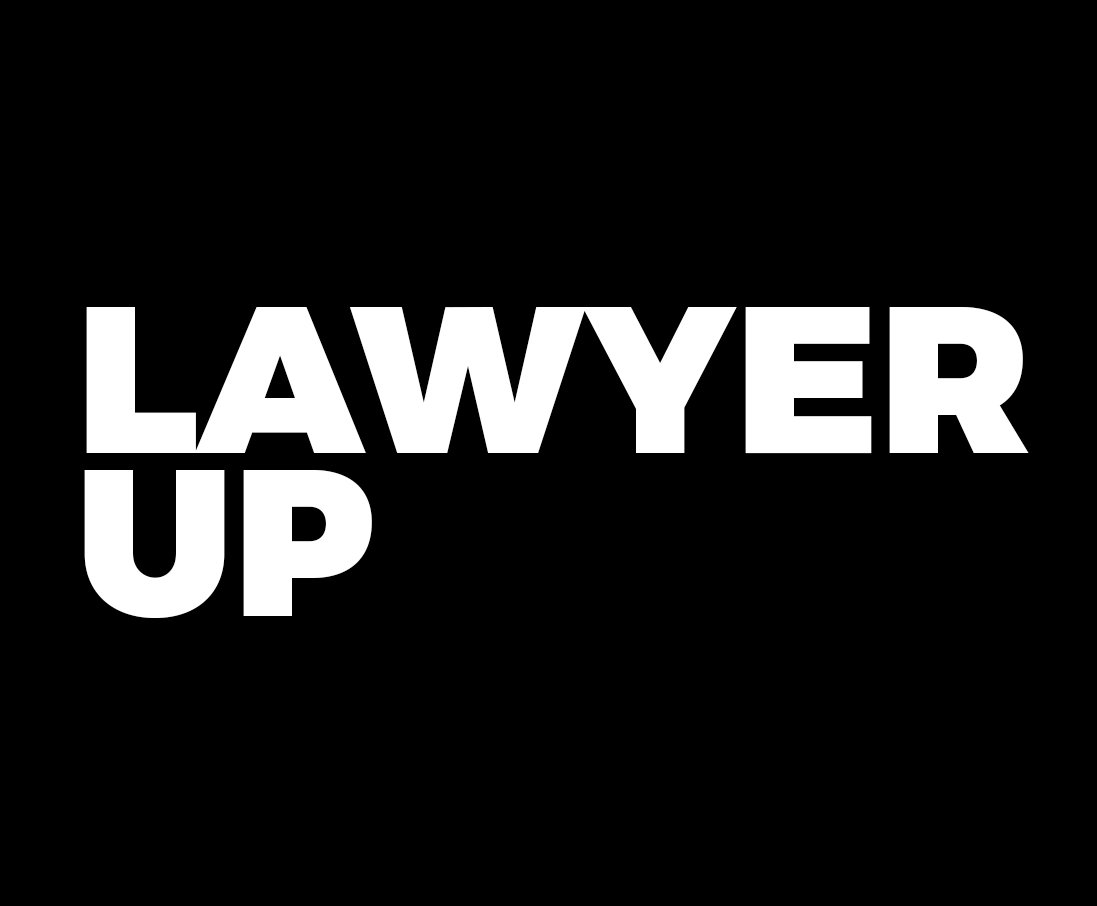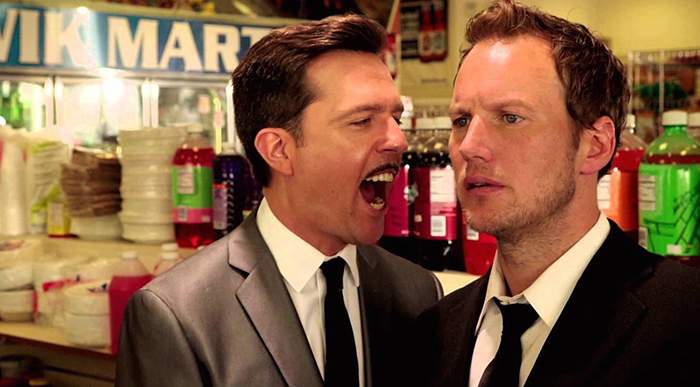Disclaimer: This column is written for educational purposes only. It does not provide specific legal advice and does not create an attorney-client relationship. This column should not be used as a substitute for competent legal advice from a licensed attorney in your state.
Personal, at-home cultivation of cannabis plants (i.e. “home growing”) has become increasingly popular in recent years — especially since several states have legalized recreational cannabis. 26 states and DC have laws addressing home grows and the possession of cannabis plants for personal use. Of these 26, a total of 16 states and DC allow home grows to some extent, while 10 expressly prohibit growing cannabis at home. However, even where they are legal, home grows are highly regulated and have attracted increased attention from law enforcement in legal states. Before you consider growing at home, be sure to research the legal restrictions in your state so you don’t attract unwanted attention.
Of the states that allow home grows, there are a variety of different restrictions that have been placed on home grow rights. In California, medical patients who grow at home will have more expansive home grow rights than an adult who can possess and grow recreationally beginning on January 1, 2018. California’s recreational marijuana laws only allow adults over the age of 21 to grow up to 6 plants at home, whereas medical marijuana patients may grow up to 6 mature or 12 immature plants. Medical patients also have the right to grow a greater amount if their physician recommends it.
Other restrictions include limiting the number of plants that can be grown or possessed. Currently, most states restrict home cultivation of no more than 12 plants per person or per residence. However, Washington allows medical patients with express physician authorization to grow up to 15 plants. A handful of states have added restrictions limiting plant numbers based on how far the resident lives from their nearest medical marijuana dispensary. For example, Arizona medical patients may cultivate up to 12 plants, but only if they live more than 25 miles from their nearest dispensary. Some states place number limits based on whether the plants are immature or mature. For instance, Alaska allows adults over the age of 21 to possess and grow up to 6 plants, so long as no more than 3 of the plants are mature. Colorado has also placed restrictions on the number of plants that can be grown based on the number of adults living in a residence. Colorado residents over the age of 21 can grow up to 6 plants per person, but no more than 12 plants are allowed per residence “regardless of the number of adults living there.”

Image via iStock Photo
Home Grow is Legal in Your State, But Can You Participate?
Naturally, one of the biggest restrictions on your ability to begin growing cannabis at home is the type of home you live in. If you live in a house that you own, you have considerably greater rights than if you rent. If you’re a renter, your rights will be affected by the Landlord-Tenant laws in your state and city. If you live in federally subsidized housing, it is illegal for you to grow marijuana at home, even if you live in a state that allows it. Even medical marijuana patients can be evicted from federally subsidized housing.
Owned Homes
If you own your own home, you have more rights than renters when it comes to possessing and growing cannabis plants. You probably don’t have a property manager, landlord, or federal housing authorities breathing down your neck. However, thanks to the federal Controlled Substances Act, you’re not completely free to grow as you please under state law. If you have a mortgage on your property, your loan documents may require you to comply with state and federal laws at all time. Any activity that is illegal under federal law can expose you to risk if an authority determines that you have breached your loan documents. Furthermore, if you have accepted any public subsidies in order to purchase your home, such as a Federal Housing Administration (FHA) backed mortgage, you are required to comply with both state and federal laws. Using or growing cannabis on your property could result in an allegation of criminal or civil fraud. The likelihood of any action being taken in situations like these is anybody’s guess, but it’s probably much less likely than if you’re a renter or living in federally subsidized housing.
Rented Homes
If you live in a rented apartment or house, the first thing you should do is read your lease very carefully. The fact that marijuana is still federally illegal can create problems for you even if it’s legal in your state. In many states that have legalized medical or recreational marijuana, landlords and property managers can still explicitly ban its use and cultivation on the premises. State laws vary widely, but some disallow landlords from placing language in the lease that would prohibit marijuana use altogether. For example, Massachusetts allows landlords to regulate smoking and cultivation in lease agreements, but they cannot prohibit non-smoking consumption of marijuana. When it comes to growing in a rental unit, some landlords will require tenants to receive written consent from the landlord before growing cannabis on the premises.
However, you can still face problems if other tenants are bothered by the smell of your smoking or plants. Smoke or odor may be considered a legal “nuisance” and other tenants can file complaints with the landlord or property manager. No matter how careful you are to follow all restrictions placed by the state, you can still face eviction if your lease prohibits “illicit” drugs. Landlords can argue that “illicit” includes cannabis, justifying their eviction actions.
One final note: medical marijuana patients may be able to challenge an eviction by (1) writing a letter to the landlord educating them of your state’s marijuana laws and explaining why they should not discriminate against medical marijuana patients, or (2) filing a complaint with the patient’s local or state fair housing authority, which may have regulations requiring landlords to reasonably accommodate tenants with disabilities.
Federally Subsidized Housing
If you live in federally subsidized housing, not only is it illegal for you to grow cannabis at home, it’s also illegal for you to even use marijuana. This is because your housing is subsidized by federal money, and marijuana is still federally illegal. According to the U.S. Department of Housing and Urban Development, marijuana continues to be federally illegal “and so its use in federally assisted housing is also considered to be illegal.” In 2011, HUD issued a memo confirming that landlords are not required to evict tenants found to possess marijuana in states where it’s legal for medical or recreational purposes. However, the memo also clarified that landlords do not have to permit marijuana use in federal housing in legal states and that they reserve the right to terminate tenancies due to illegal marijuana use or possession.
It’s up to local housing authorities to decide how to enforce these rules. Some housing authorities choose not to drug test or ask residents whether they use marijuana, but some do. Any indication that you use or grow marijuana can disqualify you from obtaining subsidized housing. If a complaint is filed against a resident, the housing authority can conduct a home inspection and the resident can be evicted if evidence of cannabis use is found in the home.

Image via iStockPhoto
Ready to Grow? Stay Informed and Keep Meticulous Records
Home grows are already highly regulated, and will continue to see increased restrictions and even increased oversight as more states grapple with legalization. If you currently grow at home or are considering doing so, do your research to be sure you’re complying with state and local regulations. Keep any receipts, records, and permits organized in preparation for potential inquiries from various authorities. If possible, keep records of how many plants you have at a time, how much usable marijuana they have produced, and what you do with any usable marijuana that exceeds the amount you are legally allowed to possess. It’s also a good idea to consider locking up or otherwise restricting access to any plants or produced marijuana for security purposes, especially in a home shared with children or roommates who are not permitted to grow or possess.











